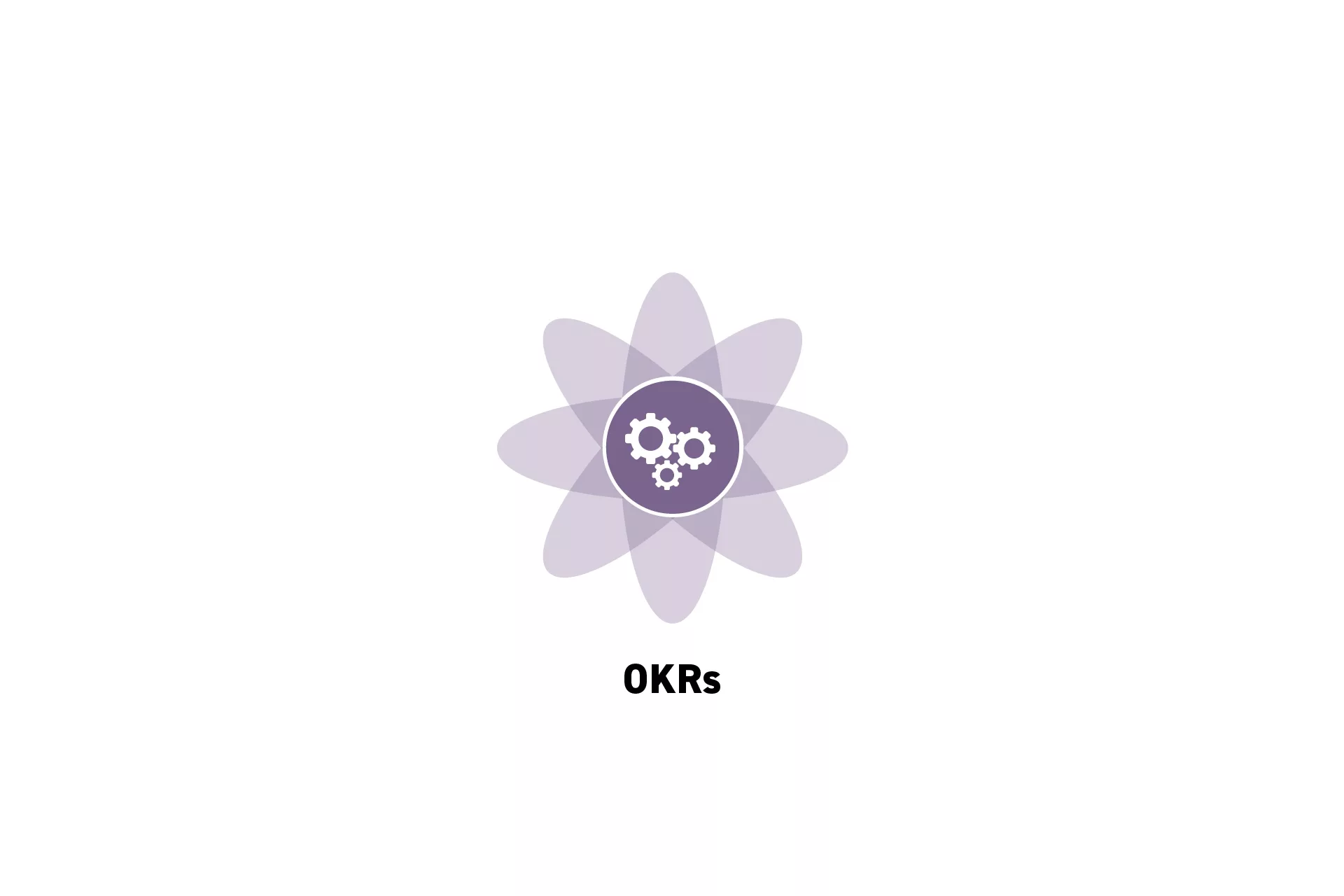What are OKRs?
OKRs stands for Objectives and Key Results and were created by Andy Grove in the 1970s during his time as CEO of Intel.

OKRs stands for Objectives and Key Results and were created by Andy Grove in the 1970s during his time as CEO of Intel.
SubscribePeoplelogic: A History of Objectives and Key Results (OKRs)"OKR stands for Objectives and Key Results. It's is a powerful goal-setting and tracking methodology. OKRs help aligns the team and focuses on what matters for the organization. Goal setting, according to OKRs, increases team autonomy and employee engagement and brings a lot of benefits overall."
OKRs were created by Andy Grove in the 1970s during his time as the CEO of Intel, who sought to upgrade Peter Drucker MBOs (Management by Objectives) which were introduced to the world through his book The Practice of Management.
MBO's main principles were:
- Clearly defining and agreeing on the objectives of both employees and managers/supervisors increase the performance of the organization.
- The process involved 5 steps: review organizational goal, set worker objective, monitor progress, evaluate, give a reward.
- Having input in the goal setting and the action plan increases the engagement and motivation of the workers.
However, MBO had a few weaknesses that revealed later:
- Setting particular goals like production targets leads workers to meet those targets by any means necessary, including shortcuts that result in poor quality.
- Objectives often ignored employee subjectivity.
- The motivation part was often elusive since the company goals did not automatically align with the goals of its employees.
To resolve these issues Andy Grove upgraded Drucker's MBOs to include Key Results, whose role was to measure and facilitate the achievement of the Objective with the purpose of reducing subjectivity, eliminating shortcuts and moving a team in the right direction with a measurable outcome.
MBOs | OKRs |
“What” | “What” and “How” |
Annual | Quarterly or Monthly |
Private and Siloed | Public and Transparent |
Top-down | Bottom-up or Sideways |
Tied to Compensation | Mostly Divorced from Compensation |
Risk Averse | Aggressive and Aspirational |
OKRs were featured in John Doerr's Measure What Matters, where he describes OKRS as having four super powers:
- Focus and Commitment to Priorities
- Align and Connect for Teamwork
- Track for Accountability
- Stretch for Amazing
Finally, to help companies create and maintain a culture of impact, clarity and success Andy created CFRs, which are similar to Sprint Retrospectives or Post-Mortems.
To learn more about CFRs, consult the link below.
Looking for examples or learning how to write OKRs?
Consult the link below to discover examples and best practices for writing OKRs.
Looking to learn more about Project Management, Technology and Strategy?
Search our blog to find educational content on project management, design, development and strategy.